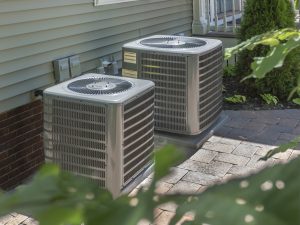 Air conditioners don’t last forever, and now that we’re coming up to another summer season—the systems that are in bad shape need to be replaced when they start breaking down. The difference between vigilant homeowners and homeowners who neglect their HVAC systems is knowing when to make the switch to an AC replacement if your old system is showing signs of wear and tear. Take it from us, an inefficient air conditioner can sometimes be worse than the cost of replacing a system with a new one.
Air conditioners don’t last forever, and now that we’re coming up to another summer season—the systems that are in bad shape need to be replaced when they start breaking down. The difference between vigilant homeowners and homeowners who neglect their HVAC systems is knowing when to make the switch to an AC replacement if your old system is showing signs of wear and tear. Take it from us, an inefficient air conditioner can sometimes be worse than the cost of replacing a system with a new one.
So, we’re going to talk about some of the overt signs that your air conditioner is on its last legs and might not last through this upcoming summer. If any of the points about AC replacement in Boerne, TX sound familiar, then we’d highly recommend an air conditioner replacement before the scorching temperatures are in full swing.

 Has your air conditioner steadily but surely been working well for the past few years? Then this probably isn’t the first time you’re worried about how many more years it has before it starts to break down. If it breaks down, you’d be lucky if it didn’t break down on the hottest day of the year.
Has your air conditioner steadily but surely been working well for the past few years? Then this probably isn’t the first time you’re worried about how many more years it has before it starts to break down. If it breaks down, you’d be lucky if it didn’t break down on the hottest day of the year. Air quality is of vital importance these days, and it’s going to only get more important as time goes on. Having great indoor air quality in your home doesn’t just start and end with one single air filter in your heater or a portable humidifier, there are tried and tested industry solutions that are available to you right now. The problem is that when it comes to
Air quality is of vital importance these days, and it’s going to only get more important as time goes on. Having great indoor air quality in your home doesn’t just start and end with one single air filter in your heater or a portable humidifier, there are tried and tested industry solutions that are available to you right now. The problem is that when it comes to 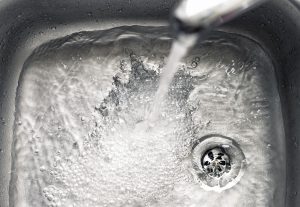 Problematic drains are a tale as old as time. As long as our homes have had plumbing, things have gotten stuck in drains, blocked the flow of water, or made our lives miserable by messing with our sanitation standards. We’re not here to talk about the history of drains, though, since with technology and scientific breakthroughs we have today there are some clear solutions to the problems you might be encountering.
Problematic drains are a tale as old as time. As long as our homes have had plumbing, things have gotten stuck in drains, blocked the flow of water, or made our lives miserable by messing with our sanitation standards. We’re not here to talk about the history of drains, though, since with technology and scientific breakthroughs we have today there are some clear solutions to the problems you might be encountering. You’ve probably got neighbors and friends that use heat pumps in your area. We hear all the time about homeowners exploring the use of a heat pump precisely because their neighbors or friends just can’t stop talking about them!
You’ve probably got neighbors and friends that use heat pumps in your area. We hear all the time about homeowners exploring the use of a heat pump precisely because their neighbors or friends just can’t stop talking about them!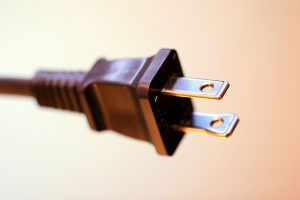 Your home’s electrical system is vital to your HVAC technology as well as every other piece of equipment you have. From dishwashers, to laundry machines, to refrigerators and everything else that plugs into your circuit board, we’re all seriously dependant on our electrical system. The most important thing we need to get across is that making an electrical upgrade to handle your appliances, new home renovation, or anything else that you’re working on, is never a job for an amateur.
Your home’s electrical system is vital to your HVAC technology as well as every other piece of equipment you have. From dishwashers, to laundry machines, to refrigerators and everything else that plugs into your circuit board, we’re all seriously dependant on our electrical system. The most important thing we need to get across is that making an electrical upgrade to handle your appliances, new home renovation, or anything else that you’re working on, is never a job for an amateur.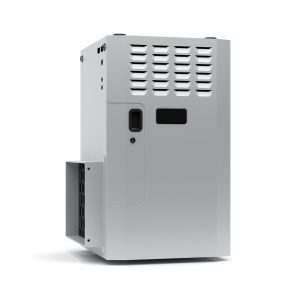 Furnace trouble isn’t unique to our area. In fact, furnaces are some of the most widely used heaters in the country, so we’re pretty sure that a good portion of homeowners have had to deal with furnace issues in the past. That being said, there are two kinds of furnace owners we’d like to talk about: those who take measures to help their furnaces and those who don’t.
Furnace trouble isn’t unique to our area. In fact, furnaces are some of the most widely used heaters in the country, so we’re pretty sure that a good portion of homeowners have had to deal with furnace issues in the past. That being said, there are two kinds of furnace owners we’d like to talk about: those who take measures to help their furnaces and those who don’t. For many reasons, homeowners think they can perform more DIY solutions to their electrical systems than to their plumbing or HVAC systems. While we might not understand all of those reasons, we’re nonetheless concerned about this trend. Not only are some electrical problems more complicated and require more training than others, but they can also be much more dangerous when working on them improperly.
For many reasons, homeowners think they can perform more DIY solutions to their electrical systems than to their plumbing or HVAC systems. While we might not understand all of those reasons, we’re nonetheless concerned about this trend. Not only are some electrical problems more complicated and require more training than others, but they can also be much more dangerous when working on them improperly.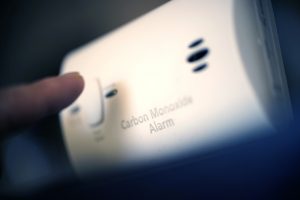 If you don’t know what carbon monoxide is, we recommend doing a few internet searches after reading this blog post. While we hope that everyone knows what it is, it’s particularly important that homeowners and gas furnace owners, in particular, know about carbon monoxide, since it can be a threat when a heating system has been neglected.
If you don’t know what carbon monoxide is, we recommend doing a few internet searches after reading this blog post. While we hope that everyone knows what it is, it’s particularly important that homeowners and gas furnace owners, in particular, know about carbon monoxide, since it can be a threat when a heating system has been neglected.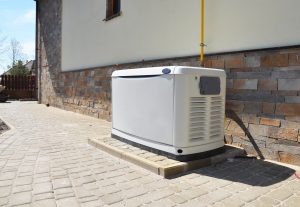 There are many types of generators on the market today. From whole house generators, to portable generators, to commercial sized generators that can run entire businesses or buildings, there amount of information to take in as a homeowner can be overwhelming, to say the least. That being said, generators are an important system that can save you an incredible amount of hassle and even save your life if you depend on electrically-powered medical equipment.
There are many types of generators on the market today. From whole house generators, to portable generators, to commercial sized generators that can run entire businesses or buildings, there amount of information to take in as a homeowner can be overwhelming, to say the least. That being said, generators are an important system that can save you an incredible amount of hassle and even save your life if you depend on electrically-powered medical equipment.













